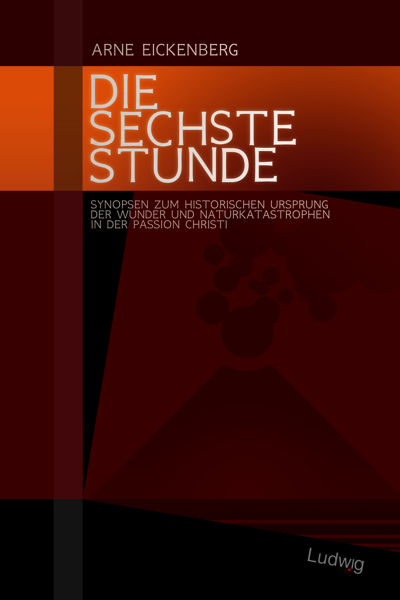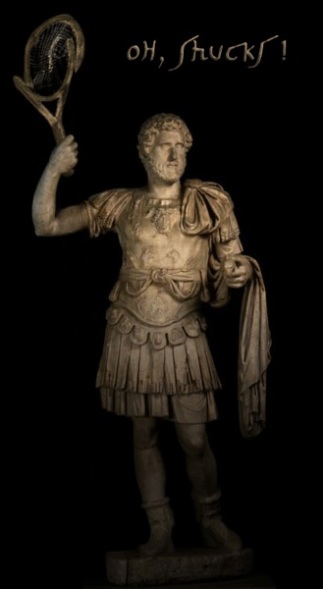
Jesus war Caesar. Darüber spricht man nicht. Es wird abgewunken, Augen rollen, es scheint förmlich zu riechen, nach allem möglichen, doch keiner weiß so recht wonach. Also lieber die Finger davonlassen und weitermachen wie gehabt. Umso erstaunlicher ist, dass DRadio Wissen, eine Abteilung des Kölner Senders Deutschlandradio, am 6. September 2011 ein Interview zu Francesco Carottas Buch War Jesus Caesar? führte, welches wir weiter unten zusätzlich als MP3 eingebettet haben. Hört, hört… ein Buch, das vor einem guten Jahrzehnt den Jesus-Flohmarkt in Deutschland ein kleines bisschen durcheinandergewirbelt hatte, ist wieder kurz auf der Tagesordnung. Und damit war’s das aber auch schon, denn auch wenn es vom Sender möglicherweise gut gemeint war, ist etwas brauchbares nicht herausgekommen, was nicht nur am Kurzformat des Interviewsegments von lediglich zehn Minuten liegt.
Wo bitte soll man bei solch rasendem Geistesstillstand ansetzen? Vielleicht müsste man zuallererst den Radiomachern die Frage stellen, warum sie das Interview mit Manuel Vogel führten, einem protestantischen Theologen an der Universität Jena und ehemaligen Pfarrer. Sind Protestanten besonders gewandt in römischer Geschichte, oder haben sie sich historisch nicht doch eher durch ihre Abkehr von Rom hervorgetan? Und überhaupt: Ist Francesco Carotta ein Theologe? Geht es in seinem Buch um theologische Fragen? Tatsächlich geht es hier um Geschichtswissenschaft, um Religionsgeschichte, um Altphilologie und Textkritik, um Numismatik, Epigraphik und Archäologie. Um christliche Theologie geht es nicht einmal im Ansatz. Somit ist ein Interview mit einem frommen Theologen nicht nur fehl am Platz, sondern auch gefährlich, denn Theologie vertritt immer eine Agenda, ist also nur bis zu einem gewissen Grad wissenschaftlich. Der Rest ist Dogma. Die Gefahr mangelnder Wissenschaftlichkeit kann man aber in dieser Diskussion nicht gebrauchen. Und so stolpern wir wieder einmal über Schema F: Der Theologe dreht den Spieß um und behauptet unter anderem, die Jesus-Caesar-Forschung sei pseudowissenschaftlich, was sie nachweislich nicht ist. Dazu später mehr. Angefangen wird aber am Anfang, und bereits die Präsentation des Themas vor Beginn des eigentlichen Interviews enthält einige Fehler.
Read the rest of this entry »




